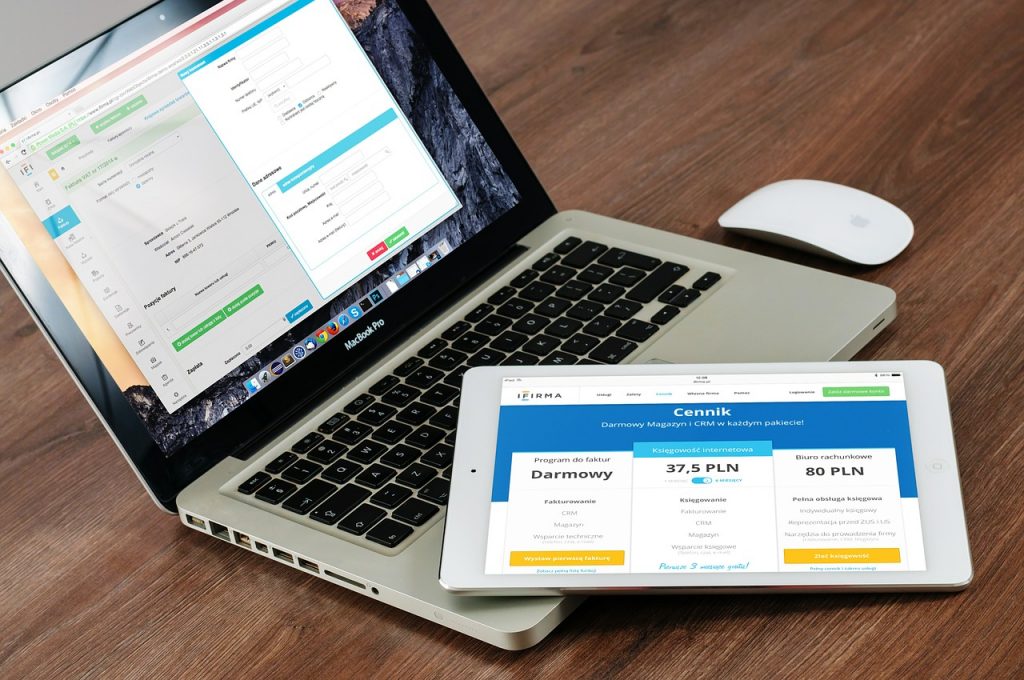Patience is not a virtue displayed by the majority of people visiting any website and if the page takes too long to load or respond they are just as likely to click away from the site rather than wait.
If you are running a business, entrepreneurship, for instance, it is essential to ensure that everyone visiting your website enjoys a positive experience if you want to have the best chance of turning a search into a customer.
If your website is running slowly, here is a look at what might be causing the problem.
Is your web host good enough?
When someone searches your site and wants to be taken to your landing page the browser will send what is known as a ping to your server, which is a request for all the information it needs to load your website.
If your server is slow to respond that will inevitably cause a delay when it comes to loading the site.
The culprit is very often a cheap web host. To make it cheap you will be sharing space with other website’s and that creates a queuing system. Therefore, if your website is slow to load the first thing to check is whether it is down to poor server performance, meaning you might have to pay a bit extra each month for a more premium service.
Watch your file sizes
Broadband has made a significant difference to how quickly most images and files load but it is still possible for large files and certain formats to slow your website down.
A larger image is always going to take a bit longer to load and if you have a lot of them it is going to have an impact on how fast your site loads.
Try to be resourceful and frugal with the number of large files you use and stick to formats like JPG and GIF as these load quicker than a BMP or TIFF format.
Think about text graphics too
It is perfectly plausible that your website has been designed using text graphics in certain places such as when displaying your logo.
It is well worth remembering that these text graphics can take noticeably longer to load than a basic font, so check whether this might be causing your website to run slowly.
Slim down your plugins
One of the reasons why WordPress is so popular is that it is designed to make it easy for a web design novice to create a good looking site with minimal effort, however, the downside is that this software tends to rely heavily on a lot of plugins.
Each of these plugins requires a CSS file and javascript to load so it stands to reason that if your website is heavily loaded with plugins it is going to have an effect on how quickly everything loads.
Try to do some pruning of your plugins to see if that helps speed your site up.
Don’t forget to run updates
Staying on the subject of WordPress, and other similar offerings such as Drupal, they will regularly send you software updates and prompt you to install them.
Always aim to install these updates as soon as you are notified as this action often has the effect of making things run as smoothly as possible as well as making it easier for your site to load as quickly as possible.
Try these simple fixes to see if it has the desired effect of making your website load in almost the blink of an eye.
